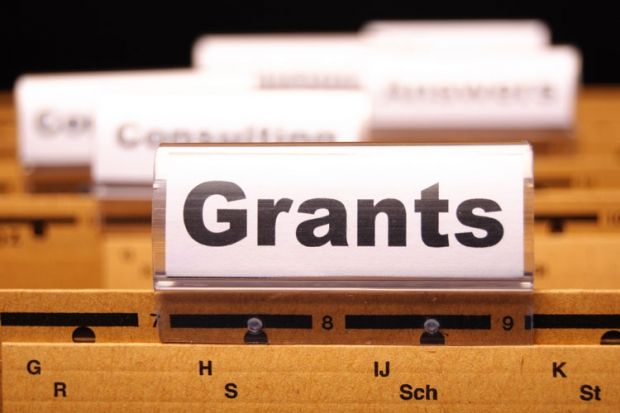Health Research Council of New Zealand
Explorer Grants
- Award winner: Phoebe Macrae
- Institution: University of Canterbury
- Value: NZ$150,000
Can we rehabilitate a reflex? A treatment protocol for the cough reflex
- Award winner: Bronwyn Kivell
- Institution: Victoria University of Wellington
- Value: NZ$150,000
Preclinical development of non-addictive pain medications
- Award winner: Samantha Marsh
- Institution: University of Auckland
- Value: NZ$150,000
Using principles of the “slow movement” to prevent obesity from birth
- Award winner: Bruno Marques
- Institution:Victoria University of Wellington
- Value: NZ$150,000
Designing diagnostic and rehabilitation landscapes for the disabled
Royal Society
Dorothy Hodgkin Fellowships
- Award winner: Anne-Laura van Harmelen
- Institution: University of Cambridge
- Value: £295,747
The neurobiology of resilience after child maltreatment
- Award winner: Richard Parker
- Institution: Liverpool John Moores University
- Value: £422,971
Star formation: linking galaxy evolution with planetary systems
- Award winner: Sarah White
- Institution: University College London
- Value: £346,400
Exploring heterogeneity in implicit mentalising and its consequences in autism
Engineering and Physical Sciences Research Council
Fellowships
- Award winner: Giuseppe Battaglia
- Institution: University College London
- Value: £1,488,630
Personalised nanomedicine for cancer therapy
- Award winner: Adam Nelson
- Institution: University of Leeds
- Value: £1,245,810
Autonomous discovery of functional small molecules
- Award winner: Tom McLeish
- Institution: Durham University
- Value: £1,412,260
Physics of life – noise, information and evolution in protein binding
- Award winner: Stephen Ebbens
- Institution: University of Sheffield
- Value: £483,709
Printable micro-rockets for rapid medical diagnosis and biomarker detection
In detail
Research Grant
Award winner: James Marshall
Institution: University of Sheffield
Value: £4,816,680
Brains on board: neuromorphic control of flying robots
This five-year project will focus on developing a small flying robot with intelligence and physical abilities to rival a bumblebee. Even simple, “small”-brained animals such as bees – which have 100,000 times fewer neurons than humans – are capable of intricate coordination, multitasking and adapting to new scenarios through their lifespans. This is because they can recognise patterns and learn from previous experiences. The computational equivalent of this is machine learning, whereby a computer gradually “learns” to complete new tasks without having been specifically programmed to do so. James Marshall’s team at the University of Sheffield and their collaborators will use computational and experimental neuroscience to design lightweight, energy-efficient “brain on board” robots, armed with a computational simulation of the bee’s neural circuitry. These – the first of their kind – may be capable of learning to navigate around new environments.
Register to continue
Why register?
- Registration is free and only takes a moment
- Once registered, you can read 3 articles a month
- Sign up for our newsletter
Subscribe
Or subscribe for unlimited access to:
- Unlimited access to news, views, insights & reviews
- Digital editions
- Digital access to THE’s university and college rankings analysis
Already registered or a current subscriber?


